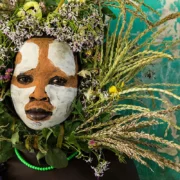
Beauty of Africa’s 6 tribes: Awe-inspiring journey
The African continent beckons with its breathtaking landscapes, rich cultural heritage, and diverse tribal communities. At the heart of this cultural tapestry are the tribes that call Africa home. Each tribe has a unique story, language, and way of life that make them an integral part of Africa’s rich heritage. From their language, dress, and customs to their beliefs and values, each tribe has something unique to offer. They offer a glimpse into a world far removed from the hustle and bustle of modern life, a world of wonder and enchantment. There are many tribes in Africa, but five stand out for their uniqueness, traditions, and customs. These tribes are the Himba, Suri, Xhosa, Mursi, Masai, and Zulu. Each tribe offers an awe-inspiring journey, and visiting them is an experience of a lifetime.
Himba
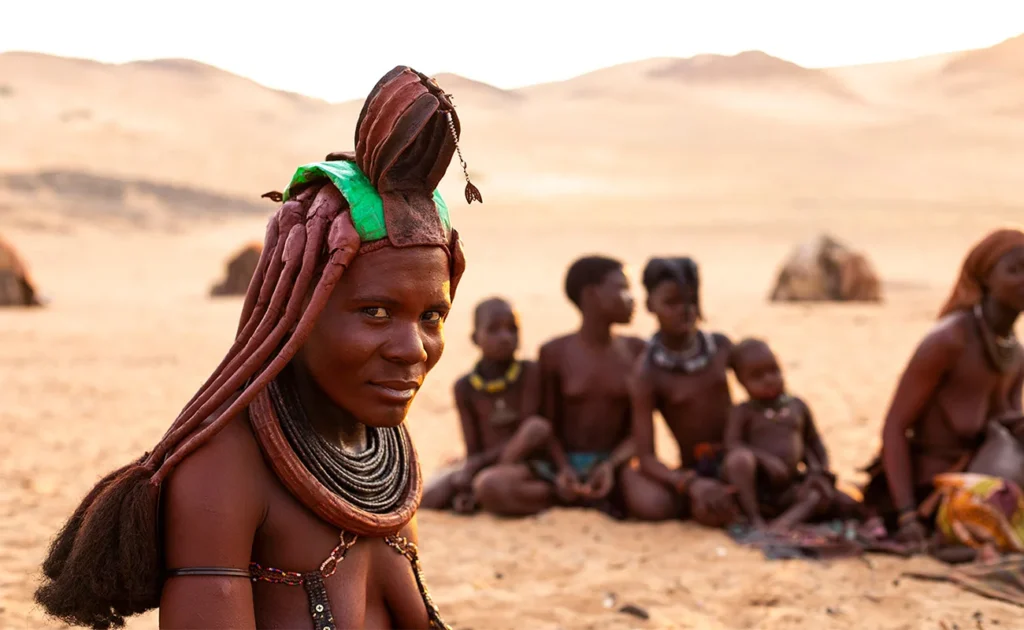
The Himba tribe is an indigenous tribe that lives in northern Namibia. They are deeply connected to the land and steeped in tradition and spirituality. The Himba tribe is one of the few remaining semi-nomadic tribes in Africa. They are deeply connected to their land and cattle and believe the earth is sacred. Therefore, they live in harmony with nature.
They are known for their unique beauty standards, where the women intricately braid their hair and wear beautifully crafted jewellery made from iron and beads. Men and women cover their bodies in red ochre and butterfat called Otjize. This special pigment is also used to clean the skin, whereby the pigment flakes off to remove dirt where water is scarce. It is also used to protect themselves from insect bites and harmful UV rays.
The Himba people have a deep respect for their environment and practice communal living, sharing everything from food to shelter. They are also known for their traditional lifestyle, which revolves around cattle herding and farming. For those seeking a one-of-a-kind experience, a private tour of the Himba tribe offers a chance to witness their customs and traditions firsthand. The Himba people are warm and welcoming. They are happy to share their way of life with visitors. Imagine a private tour of their villages, where you can witness their daily lives, customs, and traditions. As you journey through the savannah, you’ll experience the luxury of being transported back in time, to a world that is both ancient and timeless.
Suri
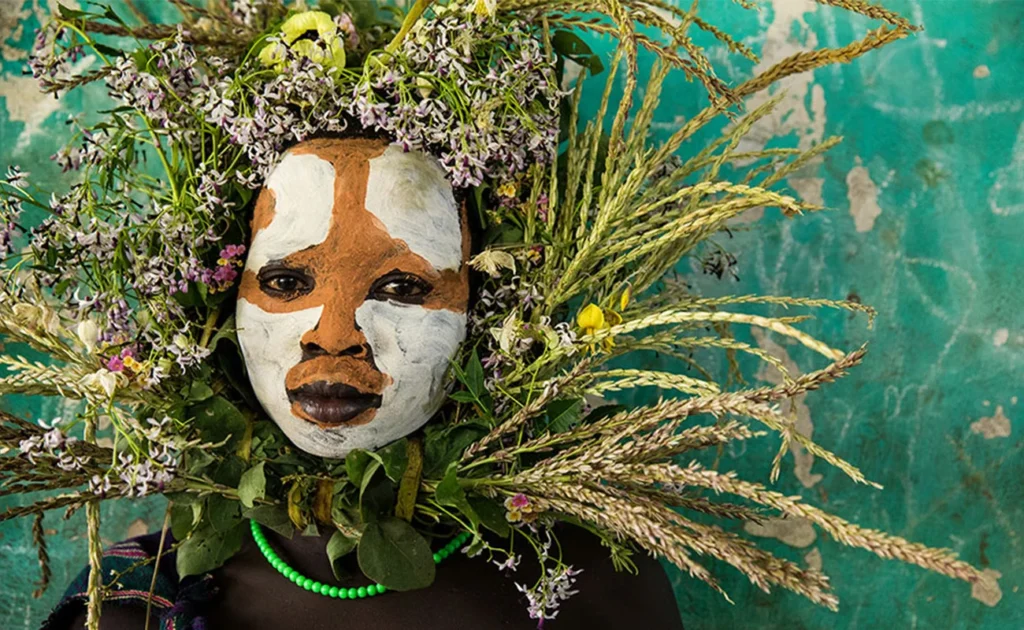
Deep in the heart of Ethiopia, nestled amidst lush green forests and rolling hills, lived a tribe known as the Surma. There are 3 ethnic groups which are the Chai, Timaga, and Baale (collectively known as Suri). These are people with a vibrant cultural heritage, with customs and traditions that have been passed down through generations. They are famous for their unique lip plates made of clay, a symbol of beauty and status in their culture. Most of the women even have their bottom teeth removed for that. They also paint their bodies with bright pigments in eye-catching patterns.
The men also have a penchant for Stick fighting (Sagine). It takes place during harvest time when representatives (20-30 people) from two villages compete with each other to gain respect for their families and community. It is a sport that they take very seriously. For those seeking a private and customised travel experience, a visit to the Suri tribe offers an opportunity to witness the creation of their stunning works of art and learn about the symbolic meaning behind them.
Mursi
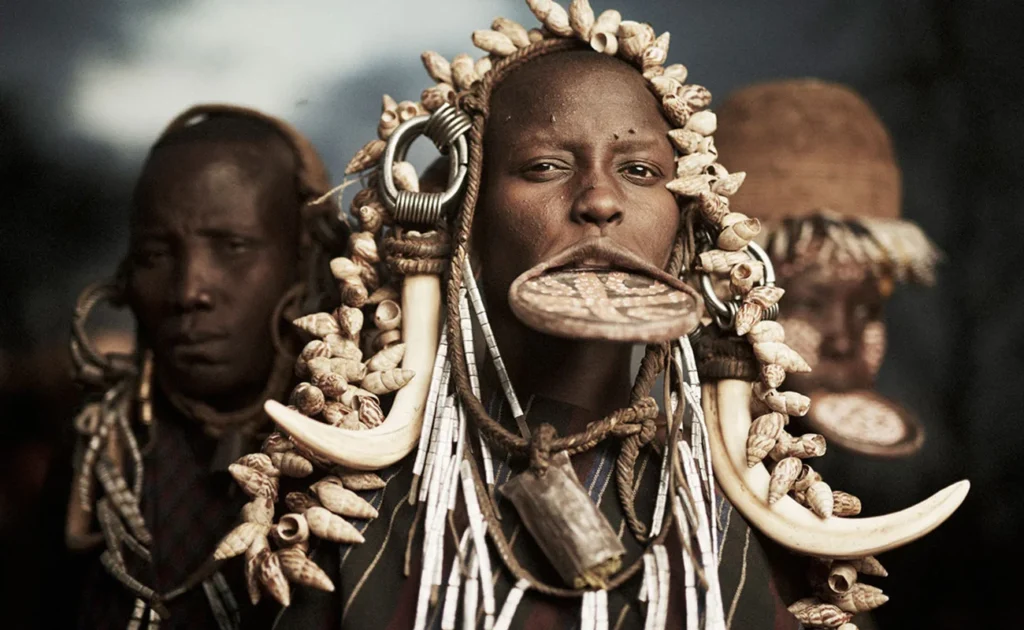
Here is another African tribe known for their lip plate piercing. The remote land of the Mursi tribe is a place of rugged beauty and ancient traditions. A place where you can experience raw wilderness, and every experience is unique and unforgettable.
The Mursi people belong to a Surmic ethnic group in Ethiopia and are fierce warriors. They can be found between the Omo River and the Mago River. Imagine a private, customised experience that is designed just for you. As you arrive, you’ll be greeted by the proud and striking Mursi people, their elaborate lip plates, bewildering ear piercings that stretch like a rubber band and body paint telling the story of their culture and traditions. As you learn about their way of life, you will begin to understand the deep connection they have, to their land and their traditions.
Xhosa
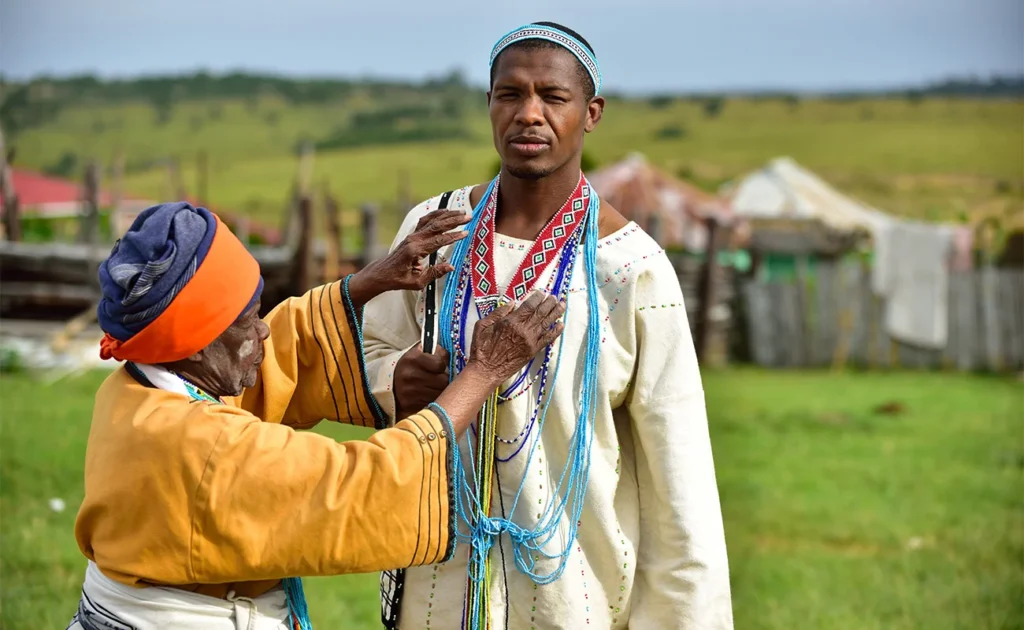
For centuries, the Xhosa tribe had lived a simple yet fulfilling life, finding joy in the beauty of their surroundings and the warmth of their community. And so, the Xhosa tribe opened their doors to those seeking unique and unforgettable experiences. They welcome travellers from far and wide, inviting them to indulge in their rich culture.
The Xhosa tribe is one of the largest ethnic groups in South Africa and a celebration of Africa’s vibrancy and colour. Not only that but they are also known for their intricate beadwork and traditional clothing, which includes the iconic Xhosa blanket. Not forgetting to mention their traditional dance, the Umzansi dance. It is performed by men in colourful attire and the Xhosa language, known for its unique clicking sounds.
Imagine a performance by Xhosa musicians and dancers on a private tour as you bask in the luxury of their hospitality and warmth. With the sweeping views of the African landscape, relaxing traditional massages and intimate cultural immersions in the heart of Xhosa villages, you’ll be swayed by the beauty of a thriving community. Seize the opportunity to witness the traditional Xhosa ceremonies, hear their mesmerising pieces of music, and learn about their fascinating history. Don’t forget to taste the spicy local cuisine too.
Maasai
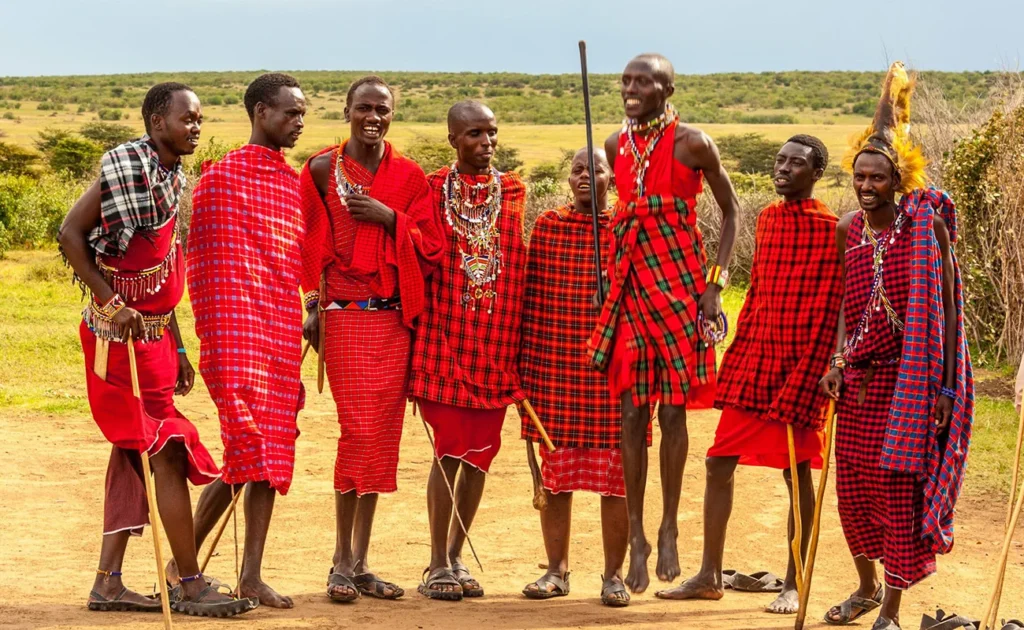
Picture yourself in a private and customised travel experience designed just for you. As you arrive, you are greeted by the friendly Maasai people in their colourful shukas fluttering in the wind.
The Masai tribe is a semi-nomadic group of people living in Kenya and Tanzania. They are known for their distinctive red clothing, intricate beadwork, and iconic jumping dance. The Masai people are also famous for their hunting skills and cattle herding, which are integral to their way of life. Through a private tour of their villages, you can learn their way of life and participate in adumu (jumping dance).
Zulu
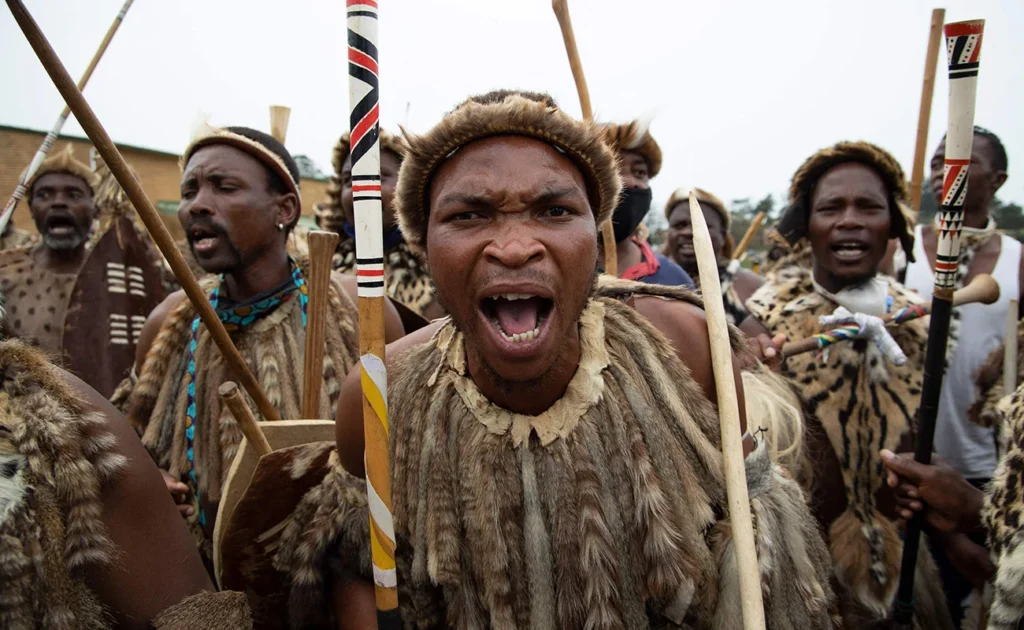
Let’s go on a journey to the land of the Zulu tribe, where the ancient traditions of these powerful and proud people still resonate today. Not only are they the largest ethnic group in South Africa, but they are also known for their vibrant dance and music, as well as their traditional attire, including the iconic Zulu shield and spear.
The Zulu people also have a unique dance called the “Indlamu,” performed by men wearing animal skins and carrying shields and spears. They are famous for their warrior culture and military prowess, which have played a significant role in their history. The Zulu people took great pride in their heritage and are eager to showcase it to those who sought a truly unique travel experience.
A private tour of their villages will offer you an unforgettable experience of their customs and traditions up close and personal. Your journey through Zulu land will be filled with experiences that will take your breath away. You’ll have the opportunity to witness the fierce and dazzling display of the Zulu warrior’s dance and explore the vast landscapes on foot, guided by the Zulu themselves, who will share their intimate knowledge of the land and its inhabitants. Then, you can shop for their intricate handicraft and savour delicious traditional Zulu cuisine.
Things To Take Note of When Visiting
If you’re planning to visit any of these tribes, there are a few things to keep in mind to ensure that you have a memorable and respectful experience.
-Respect their culture and traditions
Each tribe has its unique way of life, beliefs, and customs. It’s essential to respect and honour their traditions and avoid imposing your beliefs or judgments on them.
-Dress appropriately
When visiting these tribes, it’s crucial to dress modestly and respectfully. Avoid wearing revealing or provocative clothing, as it may offend their cultural norms.
-Ask for permission before taking photos
Taking photos is a great way to capture memories, but it’s essential to ask for permission before taking any pictures. Some tribes may have cultural or religious beliefs that prohibit photography, so it’s crucial to respect their wishes.
-Support their local economy
When visiting these tribes, try to support their local economy by purchasing their crafts or products. It’s a great way to show your appreciation for their culture and traditions and help them economically.
Exploring Africa’s tribes is a travel experience like no other. It is a chance to witness the richness of Africa’s history, culture, and traditions. Each tribe offers a unique perspective on life and a journey that will leave you in awe. By taking the time to understand and appreciate these tribes, we can learn more about ourselves and the world around us. So, get in touch with us today and embark on a journey of a lifetime, customised to your preferences and filled with unique adventures that will stay with you forever.



